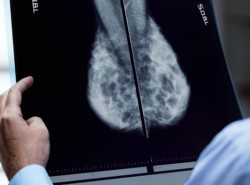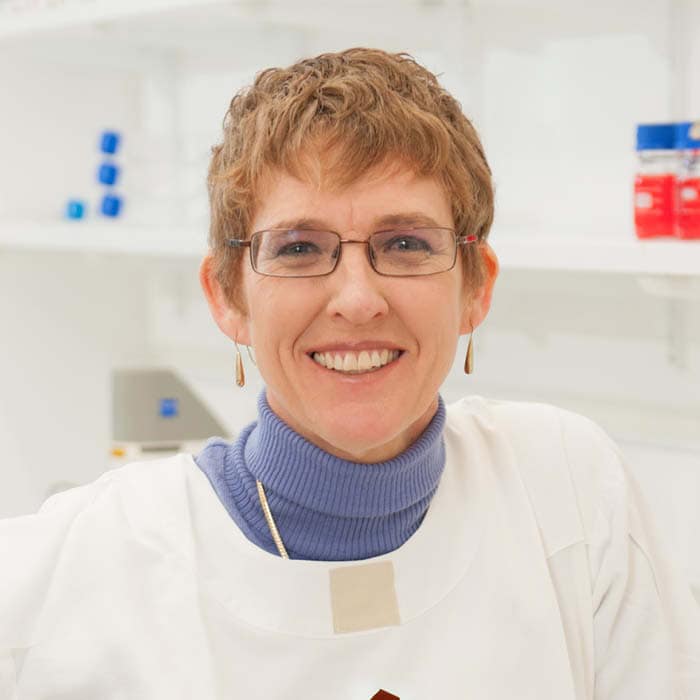
Demystifying Genetic Testing for Breast Cancer
Published: 02/10/22 10:24 AM

Amanda Spurdle
Project Description: We know how some genes, such as BRCA1 and BRCA2 carry specific changes that affect an individual’s risk of developing breast cancer. However, there are many other gene variants which have an unclear impact on disease. This study, led by Professor Amanda Spurdle at QIMR Berghofer, will combine genetic and clinical information from family cancer clinics throughout Australia and internationally for these uncertain gene variants, and also look at tumour patterns, information which together will help predict the significance of these gene variants.
Why This Work is Needed: In 2017, a Medicare rebate was introduced in Australia to subsidise the cost of genetic testing for breast cancer. This has increased the number of people receiving genetic test results, but also has led to a greater number of “variants of uncertain significance” being identified. Receiving a report that is unclear can be distressing for patients, and is not helpful in the management of their cancer.
Expected Outcomes: This study will determine the gene-specific disease patterns in the tumours of women who have one of these “variants of uncertain significance”, and provide updated information on the clinical importance of variants. The results will be communicated rapidly to clinicians globally, enabling better patient management and outcomes.
Project Details:
Testing for genes known to increase the risk of breast cancer has dramatically changed the management and prognosis for many women. Most people are now aware that the BRCA1 and BRCA2 genes are linked with worse outcomes, and hence genetic testing can provide data to support management decisions.
However, up to 10% of gene test results for breast cancer return “variants of uncertain significance”, which are not useful for management and can be distressing for patients.
To improve our knowledge about these unknown gene variants, Prof Spurdle and her team will compile genetic and clinical information with a focus on variants of unknown significance from family cancer clinics, and alsoperform breast tumour genomic testing to find patterns characteristic of disease-causing variants. They will use this information to determine gene specific patterns in the tumours at the time of diagnosis, so that tumour patterns are used routinely to assess the importance of these “unclear” variants. The information arising from the study will be of benefit for management of the individual but may also identify which genes should be tested in other family members.
The results of this study will empower doctors and patients to make improved surgical and therapeutic management choices. This will improve outcomes and reduce stress for women who undergo genetic testing who may have received a result that was previously unclear. The study may also lead to personalised medicine options for patients, such as targeted gene therapy.